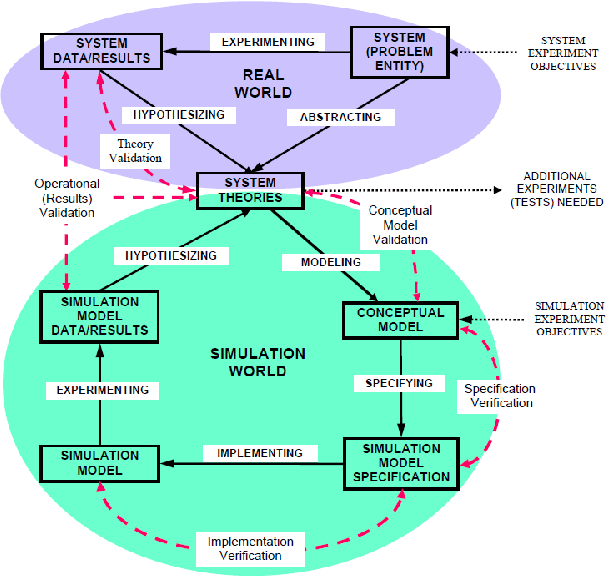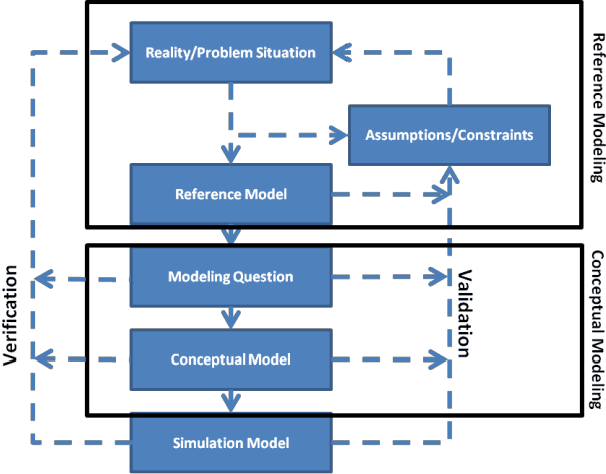Andreas Tolk
Ontology Enabled Hybrid Modeling and Simulation
Jun 14, 2025Abstract:We explore the role of ontologies in enhancing hybrid modeling and simulation through improved semantic rigor, model reusability, and interoperability across systems, disciplines, and tools. By distinguishing between methodological and referential ontologies, we demonstrate how these complementary approaches address interoperability challenges along three axes: Human-Human, Human-Machine, and Machine-Machine. Techniques such as competency questions, ontology design patterns, and layered strategies are highlighted for promoting shared understanding and formal precision. Integrating ontologies with Semantic Web Technologies, we showcase their dual role as descriptive domain representations and prescriptive guides for simulation construction. Four application cases - sea-level rise analysis, Industry 4.0 modeling, artificial societies for policy support, and cyber threat evaluation - illustrate the practical benefits of ontology-driven hybrid simulation workflows. We conclude by discussing challenges and opportunities in ontology-based hybrid M&S, including tool integration, semantic alignment, and support for explainable AI.
Epistemology of Modeling and Simulation: How can we gain Knowledge from Simulations?
Jun 21, 2013

Abstract:Epistemology is the branch of philosophy that deals with gaining knowledge. It is closely related to ontology. The branch that deals with questions like "What is real?" and "What do we know?" as it provides these components. When using modeling and simulation, we usually imply that we are doing so to either apply knowledge, in particular when we are using them for training and teaching, or that we want to gain new knowledge, for example when doing analysis or conducting virtual experiments. This paper looks at the history of science to give a context to better cope with the question, how we can gain knowledge from simulation. It addresses aspects of computability and the general underlying mathematics, and applies the findings to validation and verification and development of federations. As simulations are understood as computable executable hypotheses, validation can be understood as hypothesis testing and theory building. The mathematical framework allows furthermore addressing some challenges when developing federations and the potential introduction of contradictions when composing different theories, as they are represented by the federated simulation systems.
 Add to Chrome
Add to Chrome Add to Firefox
Add to Firefox Add to Edge
Add to Edge